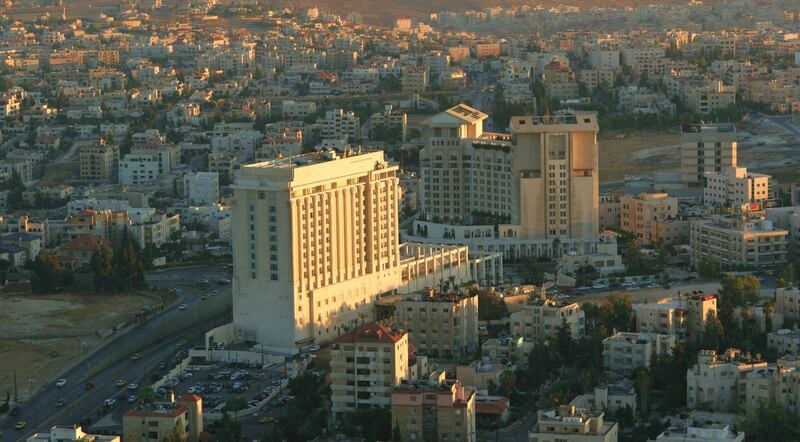Jordan will open up opportunities for hydrocarbon exploration in nine concession areas of the kingdom amid plans to reduce its dependence on energy imports.
Minister of Energy and Mineral Resources Hala Zawati said the areas are Al Azraq, Sirhan, Sirhan Development, Jafr, West Safawi, Dead Sea, the northern highlands, Petra and Rum, according to a Jordan Times report.
The kingdom, which imports more than 90 per cent of its energy needs, plans to diversify its domestic sources of crude by developing two “functional petroleum systems”, which could also create opportunities for international investors.
"Well exploration could start soon if there is interest, but it would take a few years and there is not much appetite for exploration in the industry at the moment, except in very promising areas," said Qamar Energy chief executive Robin Mills.
Jordan, which relies on foreign aid and grants to finance its fiscal and current account needs, intends to diversify its energy mix through the development of a renewables strategy and its oil shale programme.
The country has the world’s eighth-largest oil shale deposits, according to the World Energy Council.
Oil shale, not the same as shale oil, is organic, fine-grained sedimentary rock from which oil can be extracted through heating.
Jordan plans to reach financial close on its oil shale programme by 2022, and could see around 25,000 barrels per day of production Ms Zawati said in an interview with The National.
Mr Mills said the kingdom is expected to prioritise the development of its limited conventional hydrocarbons assets over its oil shale deposits as the latter is "expensive and carbon-intensive to develop".
However, its oil and gas fields such as Hamza and Wadi Sirhan are small, he said.
Higher domestic production of hydrocarbons through the oil shale programme and increased domestic gas capacity could help Jordan address its debt burden and unemployment, which rose as a result of the Covid-19 pandemic.
The kingdom’s debt-to-gross domestic product ratio widened from 97.4 per cent in 2019 to 109 per cent last year, according to World Bank data.
Unemployment, which was already high before the pandemic, stood at 25 per cent in the fourth quarter of last year, with youth unemployment rising to 55 per cent, according to the International Monetary Fund.
Jordan’s economy is projected to grow by 2 per cent this year after the country’s reform programme remained on track amid the pandemic despite contracting by 2 per cent last year, according to the fund.
In 2019, Jordan successfully tested a well that can produce up to 3 million cubic feet of gas from its Risha gasfield in 2019 and awarded a 50-year contract to the state-run National Petroleum Company.
The NPC also entered into a production-sharing agreement that covers the East Safawi area and the Hamza field, where it is undertaking field assessments alongside the ministry.
The company produced about 221 billion cfd of gas between 1995 and 2017 but this was barely able to meet Jordan’s rising consumption needs.
The kingdom’s daily consumption of gas averages 330 million cfd.








